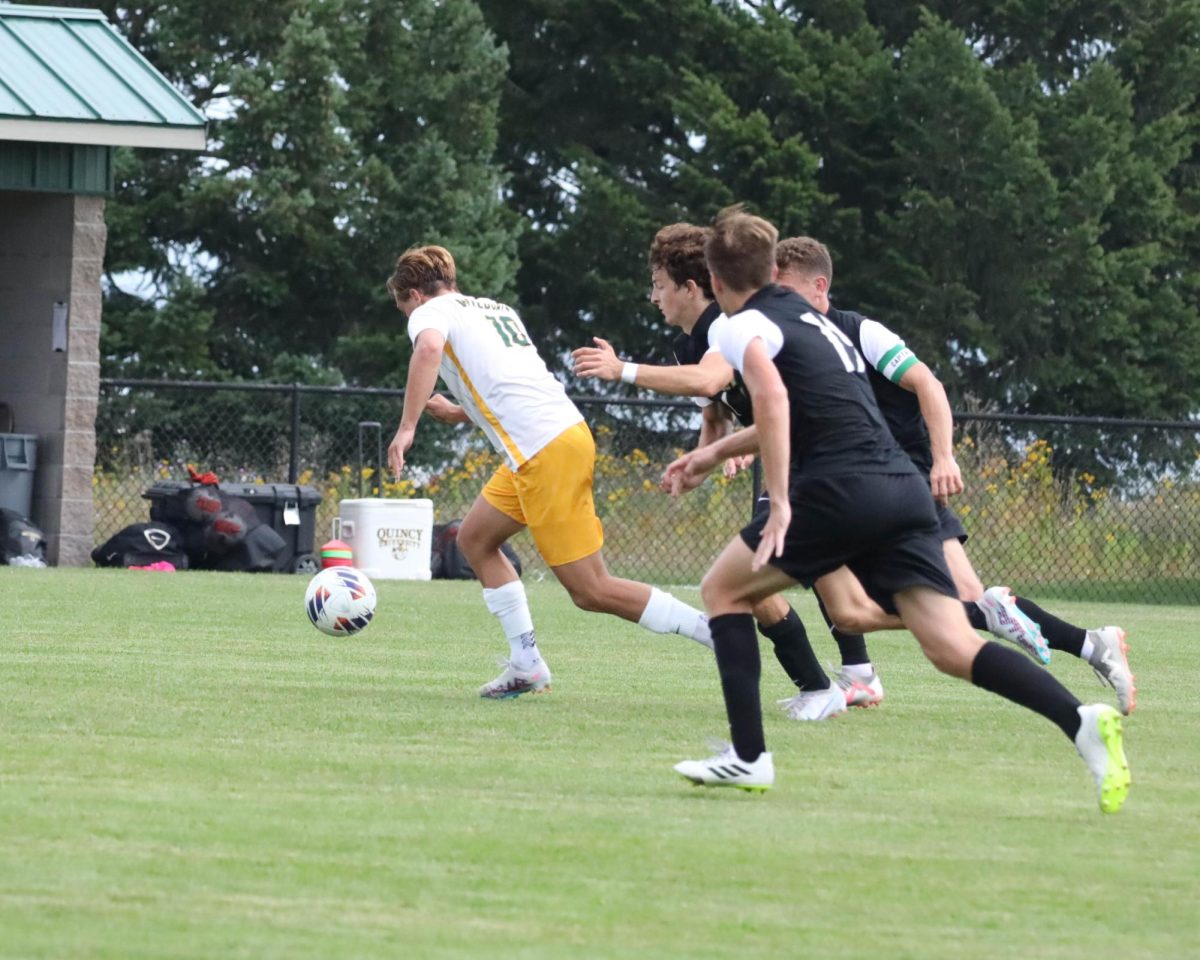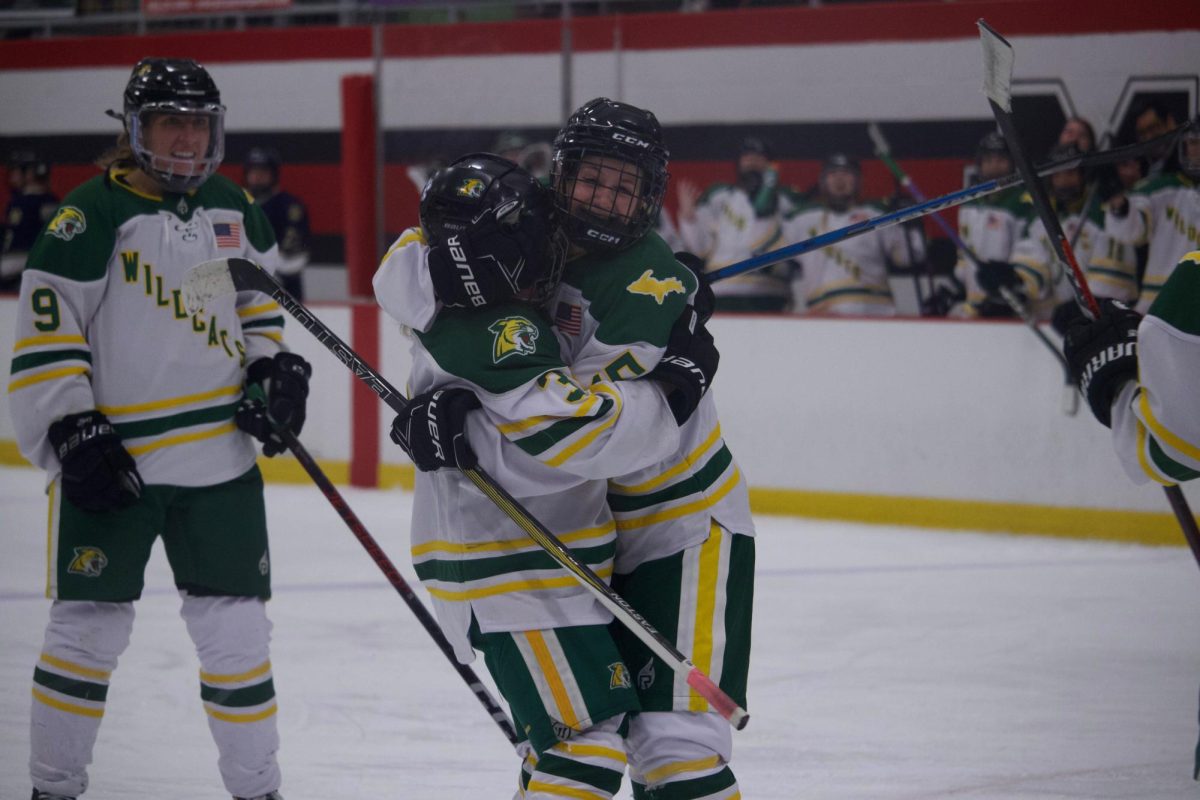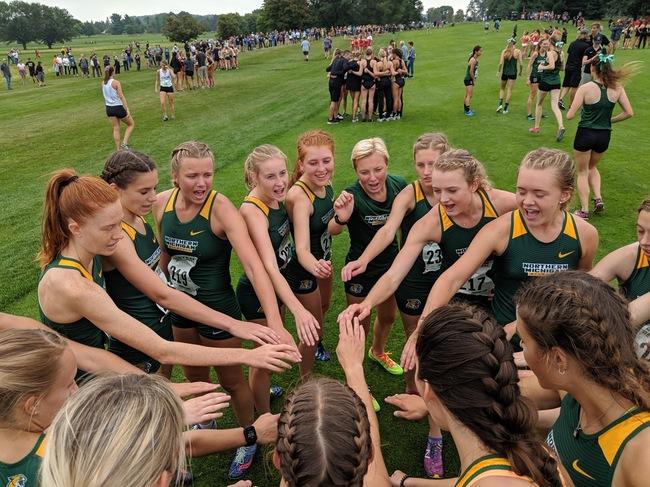Word of the bombing in Boston first reached me through Facebook.
After the first couple of statuses crowned with “#prayforboston” popped up, I checked my go-to news sites for more information, but didn’t find anything.
A quick trip over to Google led me to sites like “The Atlantic,” which further directed me to various Twitter accounts that had documented the incident first hand.
Before obtaining any real information, I was flipping through some intense pictures of blood-smeared sidewalks and limbless marathon runners.
It wasn’t long after that the major news outlets were on the beat, playing footage of the blasts over and over.
The whole scene seemed incredibly bizarre — people in running shorts falling to the ground, scattering in the smokescreen.
Outside of the seemingly-annual mass murder by shooting spree, it’s been awhile since Americans have felt the sting of innocent death on their own ground from what’s almost certainly going to be labeled a terrorist attack.
Things feel a little different this time around.
The role of social media in the Boston bombings was undeniably integral in disseminating news of the attack.
This is relatively new for us (or at least for me.) While conflicts abroad have utilized Twitter and Facebook to spread information in a crisis before, the unfiltered feed of images and speculation immediately after the attack was not something most of us are familiar with.
Social media also documented the huge outpouring of compassion directed towards the people of Boston, which was of course a great thing.
Not everyone watches the news, but considering our contemporary internet tendencies, it’s hard to escape a saturated Facebook feed.
Surely our massive concern for the victims of our nation is genuine and full of good intention, but it makes me frown a little bit.
On Tuesday, April 16, a professor at the University of Michigan named Juan Cole made some outstanding points about the attack.
Consider this: on Monday, bomb blasts in Iraq killed at least 42 people (not soldiers) and wounded more than 257 others.
Were you aware of that — and if so, does your heart break for them as well?
We’re new to the experience of having blood in the streets and painfully naive about how often it happens across the rest of the world.
There was an exceptional Tweet from Gary Younge, a reporter at the Guardian, that said, “I’m up for us ‘All Being Bostonians Today.’ But then can we all be Yemenis tomorrow & Pakistanis the day after? That’s how empathy works.”
According to an article published on Monday, Feb. 4 by the Bureau of Investigative Journalism, between 282 and 535 civilians have been reported as killed by U.S. drone strikes, including more than 60 children.
While I don’t personally vouch for the credibility of the information, it’s certainly something worth keeping in mind.
The loss of innocent life is infinitely tragic, but man oh man — it happens every day and we don’t shed a tear.
As I watched the news on Monday, there was another troubling thought stewing around in my head.
I couldn’t help but think, “I really, really hope that this wasn’t carried out by Muslims or non-white terrorists.”
While writing this, no person or group has been deemed responsible for the attacks in Boston, but an incident that further alienates Americans from non-Westerners and distorts our world view would be another huge step backwards in understanding why these sort of things happen.
Regardless, any sort of ungrounded speculation at this point seems unhealthy.
Hopefully as Americans move past the tragedy in Boston and see justice brought to those responsible, we are able to remain level-headed and try our best to understand why it happened and how to prevent it in the future.
As we’ve seen before, misplaced blame and unjust allegations can often create deeper fissures.




























